Alcohol Consumption and Dry Mouth

| Key Takeaways | Details |
|---|---|
| Alcohol's Dehydrating Effect | Alcohol acts as a diuretic, leading to increased fluid loss and reduced saliva production. |
| Consequences of Chronic Dry Mouth | Regular alcohol consumption can lead to tooth decay, gum disease, fungal infections, ulcers, and bad breath. |
| Hydration Strategies | Alternate alcoholic drinks with water, drink a glass of water before and after alcohol, and eat hydrating foods. |
| Lifestyle Changes for Dry Mouth Relief | Quitting tobacco, modifying medications, improving sleep quality, and reducing caffeine intake can help alleviate symptoms of dry mouth. |
| Seeking Professional Help | Persistent dry mouth should be evaluated by a dental professional for potential treatment like prescription salivary stimulants or special oral rinses. |
Introduction
It’s a familiar feeling—a sudden onset of parched mouth while sipping cocktails or wine over dinner. Most people think little of this momentary dry mouth and reach for another glass to quench their thirst. But for the nearly 30 percent of adults who regularly consume alcohol, these bouts of oral dryness may signal a more insidious issue – chronic dry mouth caused by excessive drinking.
Left unchecked, alcohol-related dry mouth can wreak havoc in the mouth, leading to bad breath, dental cavities, oral infections, and other health issues. The problem often goes unaddressed simply because most people fail to make the alcohol–dry mouth connection.

However, with some diligence about hydration habits and openness to making positive oral health changes, those who imbibe can keep their mouths refreshed and healthy. This article explores the science behind alcohol’s dehydrating effects, consequences of chronic dry mouth, and actionable ways drinkers can find relief.
Why Alcohol Is So Dehydrating
To understand why drinking frequently parches the mouth, it helps to consider alcohol’s journey through the body.
Alcohol's Journey and Impact on Saliva Production
- Increased dehydration.
- Slower saliva production, leading to mouth dryness.
- Diminished oral health due to lack of saliva.

One major consequence of increased fluid loss is slower saliva production. Produced by various glands around the mouth, saliva helps lubricate oral tissues to aid with speech, eating, swallowing and protecting tooth enamel from cavity-causing bacteria. When saliva flow slows, mouth dryness soon follows. Those who drink heavily actually have saliva glands working overtime yet still suffering diminished output due to dehydration.
Over time, declining saliva production leads to concerning oral health effects for regular drinkers. Protective proteins in saliva drop to inadequate levels, enabling bacteria to flourish. Lack of saliva also means dry, cracked oral tissues.
Therefore sets the stage for higher risk of...
- Tooth decay
- Gum disease
- Fungal infections like oral thrush
- Ulcers
- Halitosis (persistent bad breath)
For those who already have issues like gum disease or cavities, a decrease in saliva flow exacerbates problems dramatically. As influential researcher Dr. Philippe Hujoel summarizes, “Alcohol puts...patients at greater risk for root cavities and inflammation of the gums.”
While social drinking may cause temporary dry mouth, research strongly associates excessive, long-term alcohol consumption with chronic cases of insufficient saliva production and advanced gum disease.

Staying Hydrated: Key Tips for Drinkers
The cornerstone for managing alcohol’s dehydrating impact is hydration – purposefully consuming more water and fluids with electrolytes. Here are smart ways drinkers can integrate hydration into daily routines:
| Tip | Description |
|---|---|
| Alternate Drinks | Alternate alcoholic drinks with a glass of water or diluted sports drink. For every alcoholic beverage, hydrate with a pint of non-alcoholic liquid. Use phone reminders if necessary. |
| Pre and Post-Drinking Hydration | Drink a full glass of water before and after consuming alcohol. Ensure hydration the morning after drinking. |
| Choose Lower Alcohol Options | Opt for lower alcohol wines and liquors diluted with soda water or non-alcoholic mixers. Limit to 1-2 standard size drinks per day. |
| Hydrating Snacks | Consume hydrating fruits and vegetables like cucumbers, grapes, celery, strawberries, pineapple, zucchini, radishes, and melons for their high water content. |
| Oral Moisturising Rinse and Sprays | Use an oral moisturizsng rinse designed for dry mouth, or a dry mouth spray preferably alcohol-free. |
| Chew Sugarless Gum | Chew sugarless gum, especially those containing xylitol, to promote saliva flow and inhibit cavity-causing bacteria. |
Lifestyle Approaches to Relieving Alcohol-Related Dry Mouth
Rehydration forms the first line of defence against dry mouth. However, drinkers can also incorporate helpful lifestyle measures:
- Give up tobacco: Like alcohol, tobacco acts as a diuretic while also irritating saliva glands. Using moist snuff products further dries oral tissues and damages gums. Quitting improves both hydration and gland functioning.
- Modify medications if causing dry mouth: Hundreds of prescription and over-the-counter medications cause xerostomia (dry mouth) as a side effect. Talk to your pharmacist or doctor about alternatives free of this anticholinergic effect.
- Improve sleep quality: Too little sleep hampers the body’s ability to produce saliva. Aim for 7-9 hours nightly.
- Reduce caffeine intake: Caffeine acts as a diuretic. Limit coffee, tea, and caffeinated sodas, especially late in the day.

When to Seek Dry Mouth Treatment
Persistent dry mouth should be evaluated by a dental professional, as it often signals other health issues. Professional treatment can include prescription salivary stimulants or special rinses to maintain moisture balance.
The Takeaway: Drink Smart and Keep Smiling
By adopting proactive hydration strategies and adjusting lifestyle habits, drinkers can effectively combat dry mouth symptoms. The key is balancing alcohol consumption with enough water, mindful eating, and sleep. When in doubt, consult a dentist or physician for personalised advice and treatment.
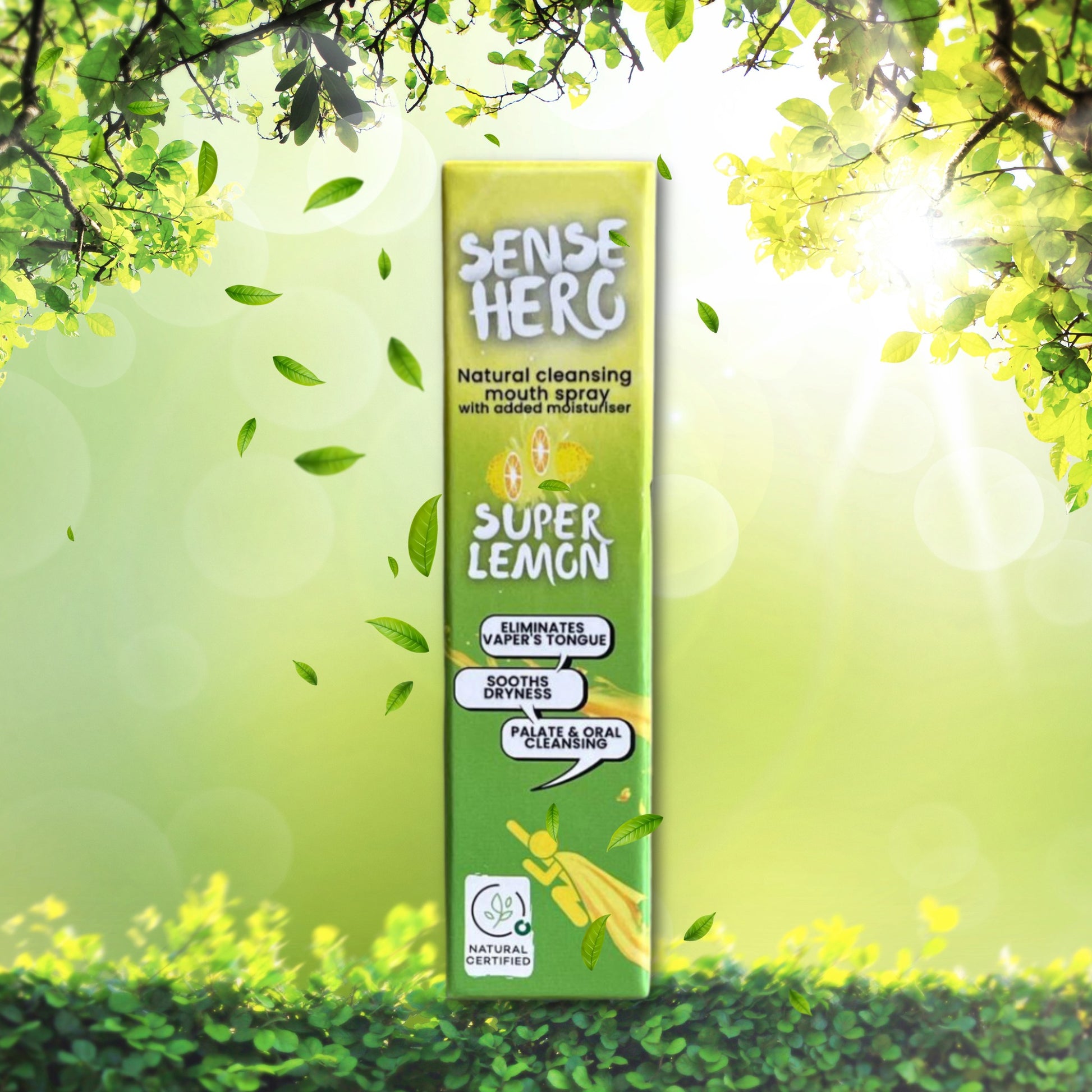
Sense Hero
Sense Hero mouth Spray UK: Quick Fix for Dryness, Vapers Tongue and Palate Cleansing
View full details

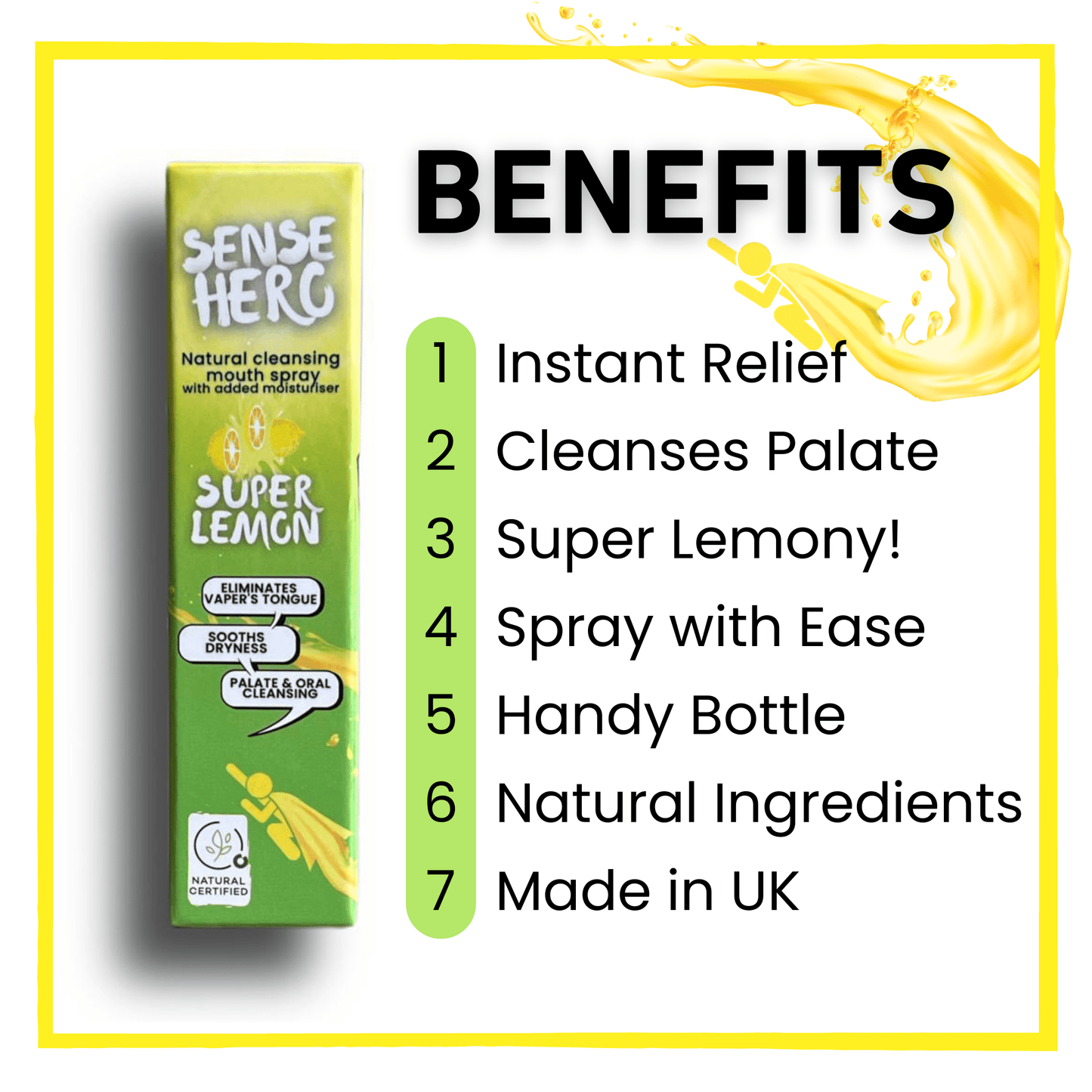
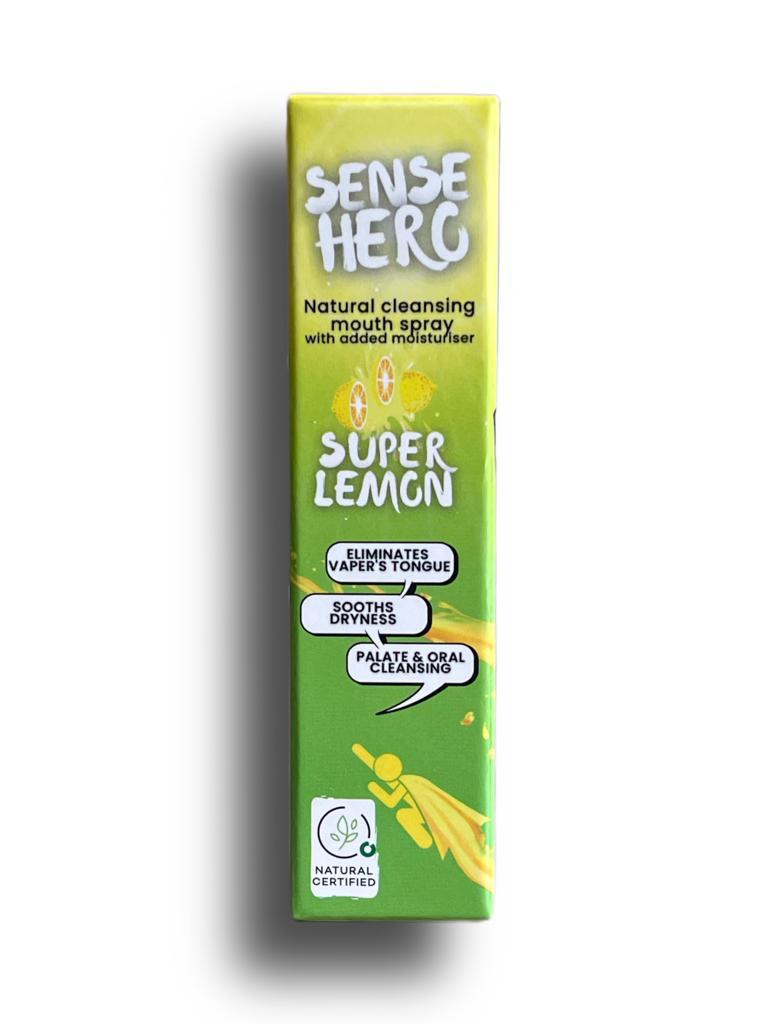
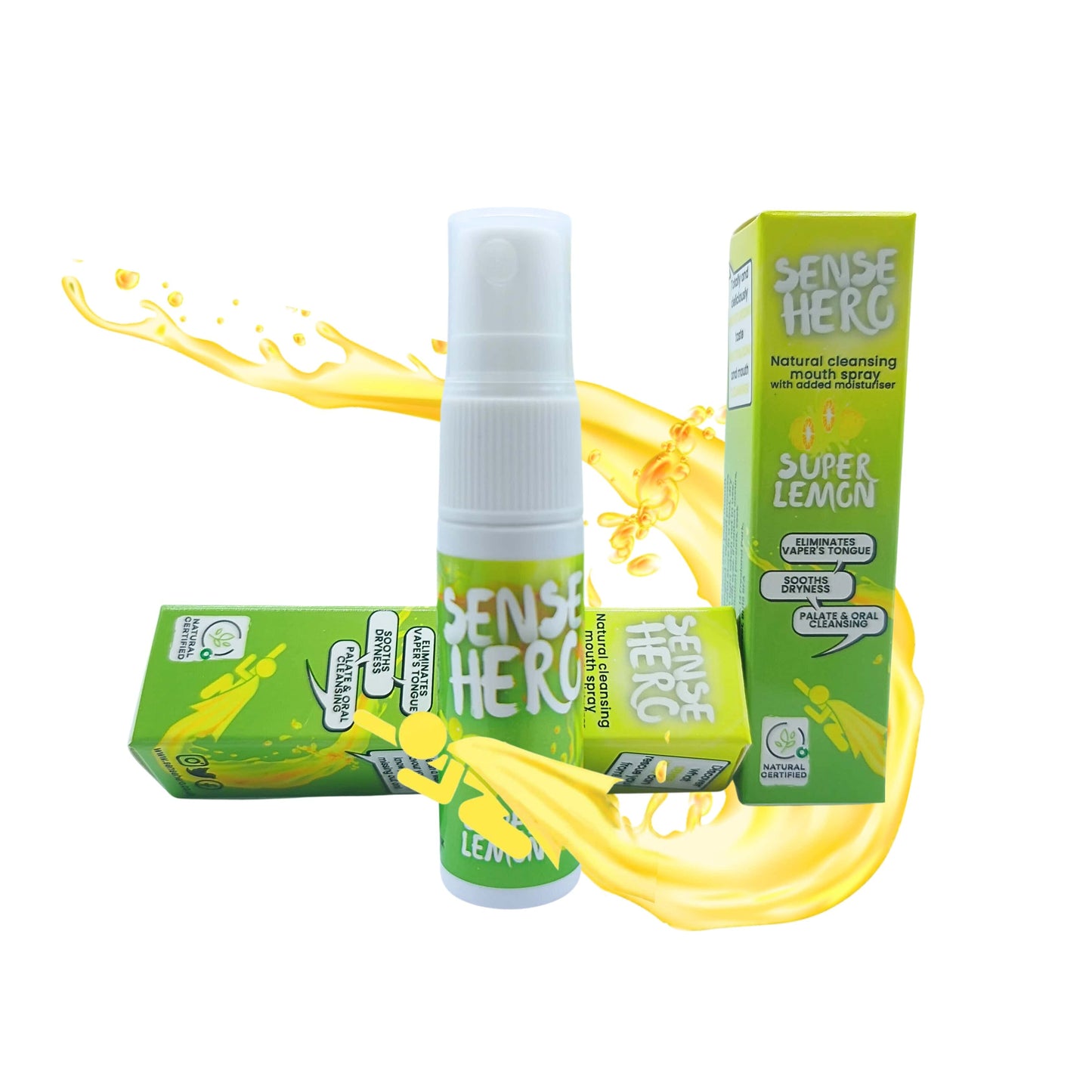
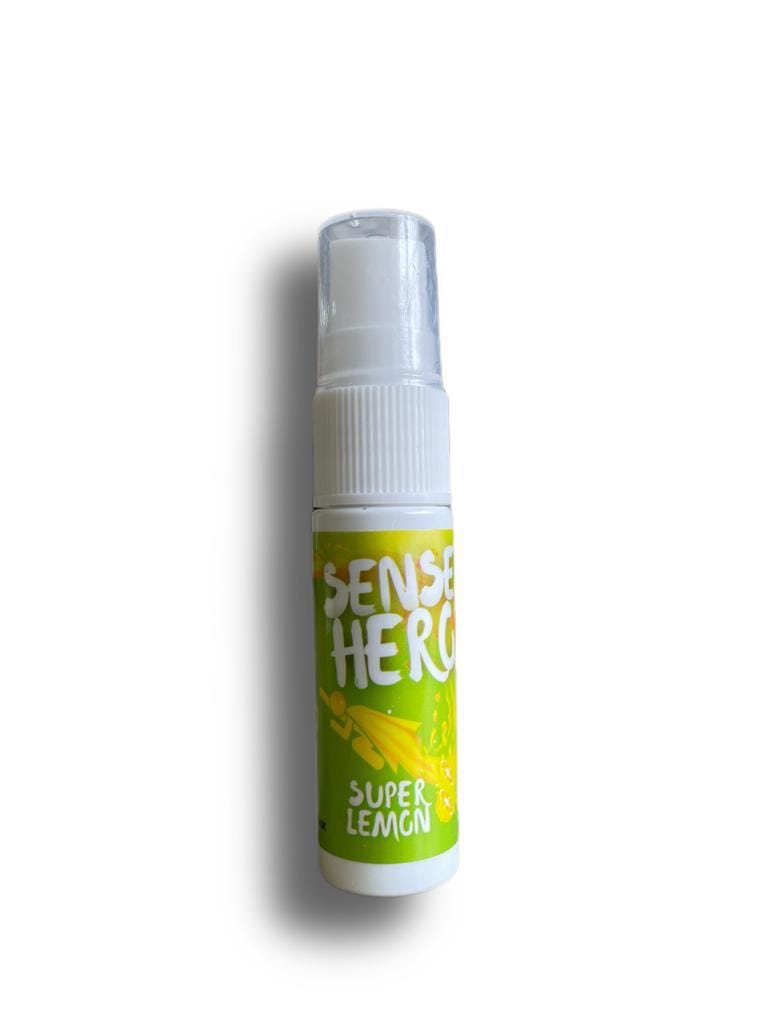
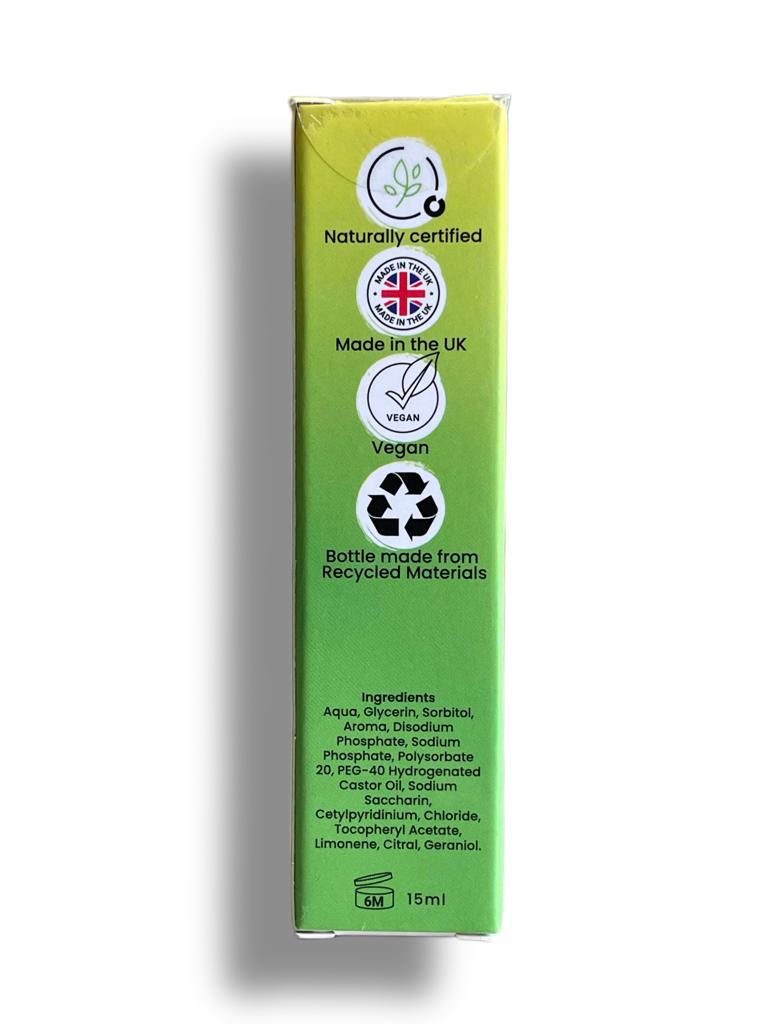

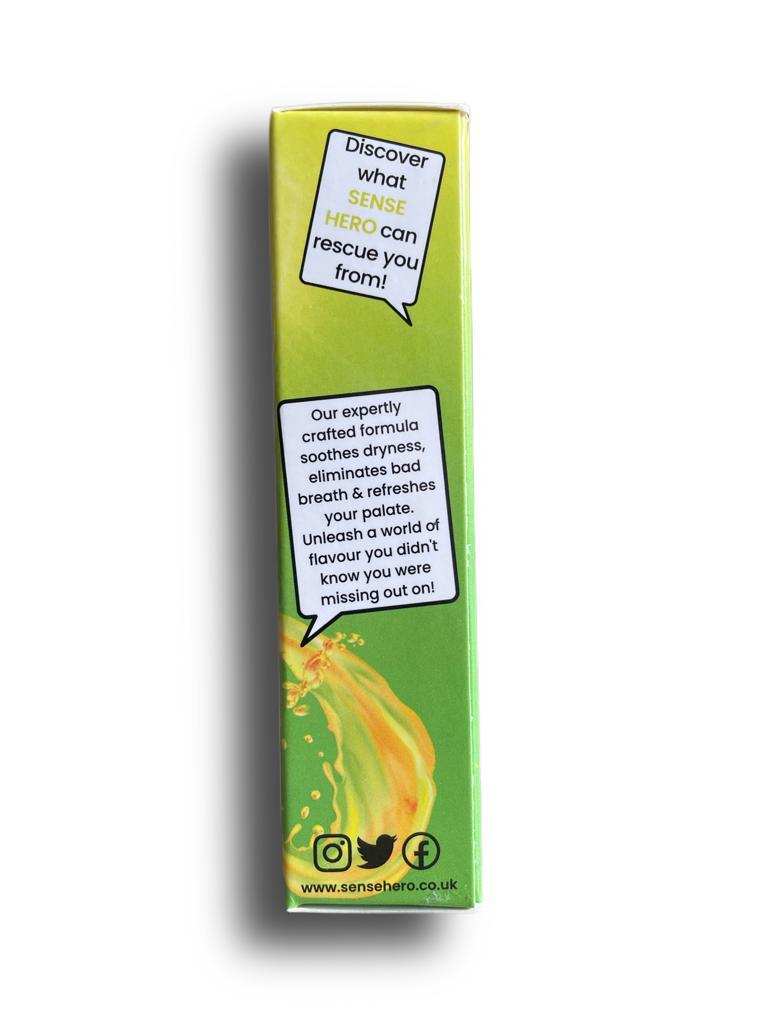
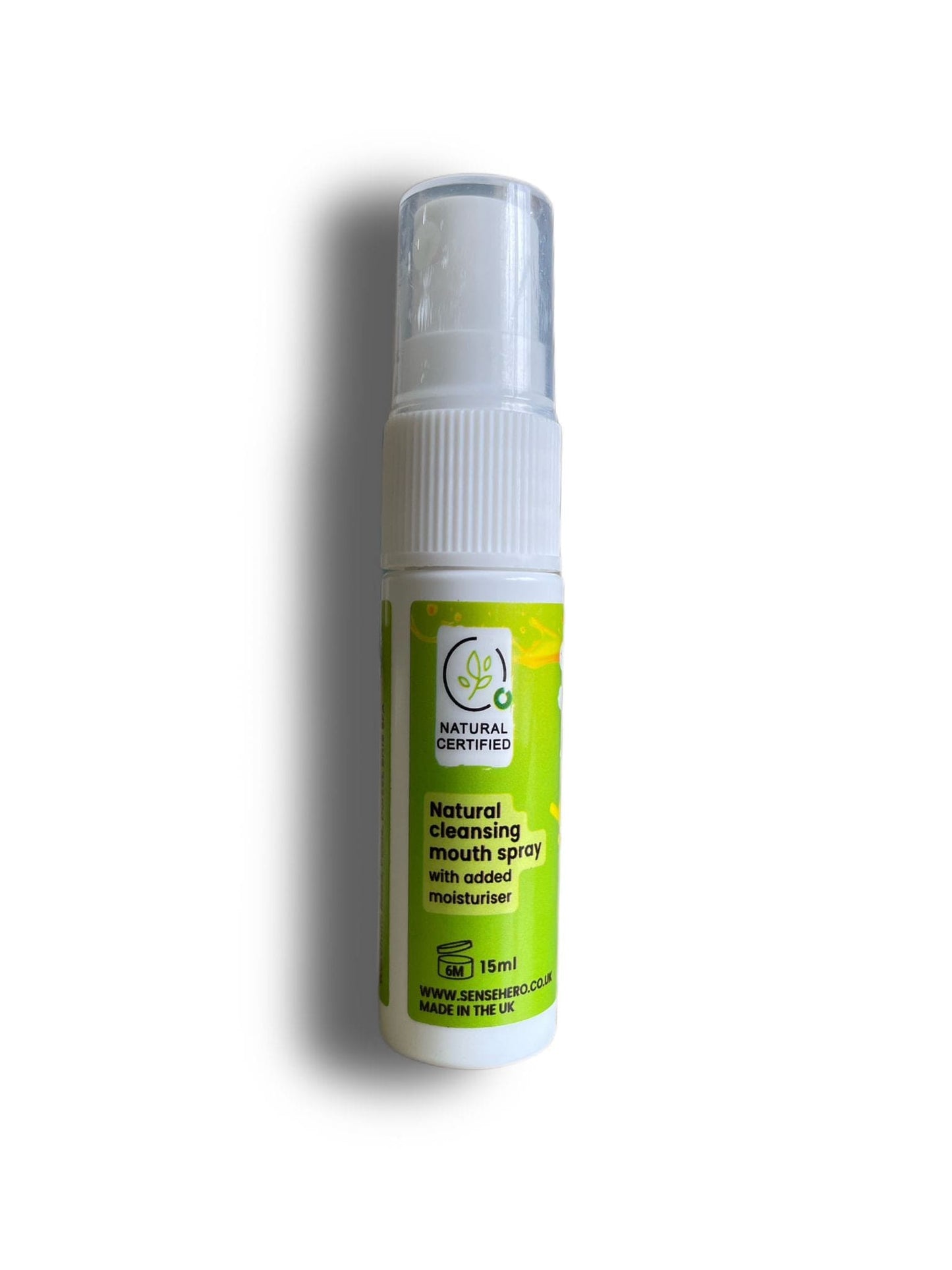

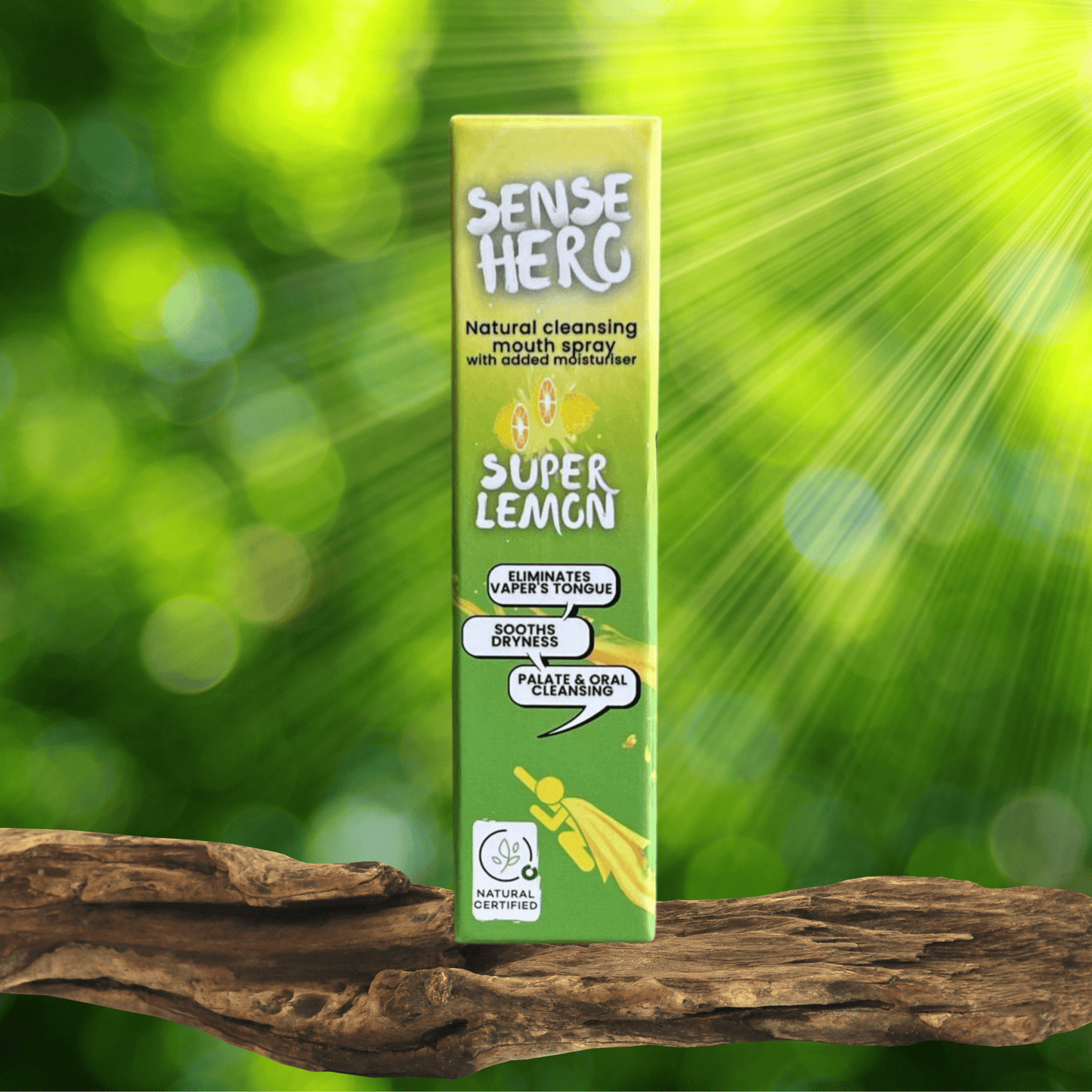
Sense Hero spray is not a medicinal product and is not intended to diagnose, treat, cure, or prevent any disease. Sense Hero Spray is designed for personal comfort.

